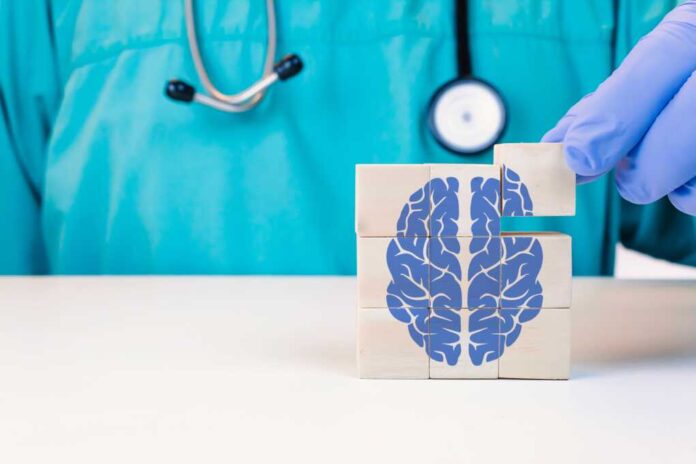
Everything you thought you knew about how your brain powers its every thought and memory has just been shattered—and the new truth may soon rewrite the future of brain disease treatment.
Story Overview
- Neurons can burn and even synthesize fats for energy, challenging a century of neuroscience dogma
- Discovery of the DDHD2 protein’s role reveals how fat metabolism can fail in rare and devastating brain diseases
- Fatty acid supplements restored damaged neuron function in preclinical studies within 48 hours
- This breakthrough paves the way for new therapies—and may transform how we fight neurodegeneration
Neurons Aren’t Just Sugar Addicts—They’re Fat Burners, Too
For decades, every biology textbook has drilled home the same message: neurons, the brain’s vital information messengers, run exclusively on glucose. That dogma shaped everything from medical school lectures to the design of life-saving treatments for brain injury and disease. But in the laboratories of the University of Queensland and the University of Helsinki, scientists upended this story. Using state-of-the-art molecular tracing, they found that neurons don’t just tolerate fats—they actively burn them for fuel, especially when energy demands spike. Even more astonishing, neurons can manufacture their own fatty acids, creating an internal reserve ready to deploy in times of need. This finding doesn’t just tweak a detail in our understanding; it detonates the bedrock assumption of brain metabolism.
Fat-fueled neuron discovery could unlock new treatments for brain disease https://t.co/5fzSpM257t
— Zicutake USA Comment (@Zicutake) October 26, 2025
DDHD2: The Metabolic Gatekeeper and Its Collapse
Central to this new metabolic map is DDHD2, a protein acting as the cell’s “gatekeeper” for fat fuel. In healthy neurons, DDHD2 orchestrates the breakdown and synthesis of fatty acids, keeping the brain’s energy supply on track. But when DDHD2 fails, as it does in HSP54, neurons are cut off from their fat-fueled lifeline. The result is energy failure, neuron malfunction, and, ultimately, relentless neurodegeneration. This direct link between a single protein and catastrophic brain disease gives researchers a precise target—one far more actionable than the diffuse, mysterious processes that often plague neurology.
Watch: Fat-Fueled Neurons: Revolutionary Discovery for Brain Disease Treatment
Paradigm Shift: The Ripple Effect on Brain Disease and Beyond
Shifting the narrative from neurons as sugar-dependent to being fat-flexible doesn’t just open doors to new treatments for rare diseases. It reframes the search for cures in Alzheimer’s, ALS, and other debilitating neurodegenerative disorders. If neurons can be coaxed into using fats, or if their internal fat factories can be optimized, new therapies may emerge for conditions long considered hopeless. Pharmaceutical companies and biotech investors are already tracking this discovery, eyeing the prospect of fatty acid-based drugs and diagnostics that could change the trajectory of aging and brain health.
From Bench to Bedside: Hurdles and Hopes for a Fat-Fueled Future
Breakthroughs in the lab rarely travel a straight path to the pharmacy shelf. Safety and efficacy trials in animals and, ultimately, humans will be crucial. Not every neurodegenerative disease will respond to fat-based therapies, and the translation from mouse to man is notoriously fraught. Still, the speed with which neuron function was restored in preclinical models stirs optimism among researchers and patients alike. As Dr. Merja Joensuu, one of the study’s lead authors, puts it: “This is a real game-changer… it may be possible to repair the damage and reverse the neuropathologies.”
For now, the discovery of fat-fueled neurons stands as a testament to the power of overturning scientific dogma—and to the promise that even the most entrenched beliefs can yield under the weight of new evidence. The next chapter will be written in clinical trials, but the paradigm shift has already begun.
Sources:
Australian Institute for Bioengineering and Nanotechnology
ScienceDaily
University of Helsinki News
University of Queensland News
Neuroscience News
Drug Target Review
Technology Networks
New Atlas


















